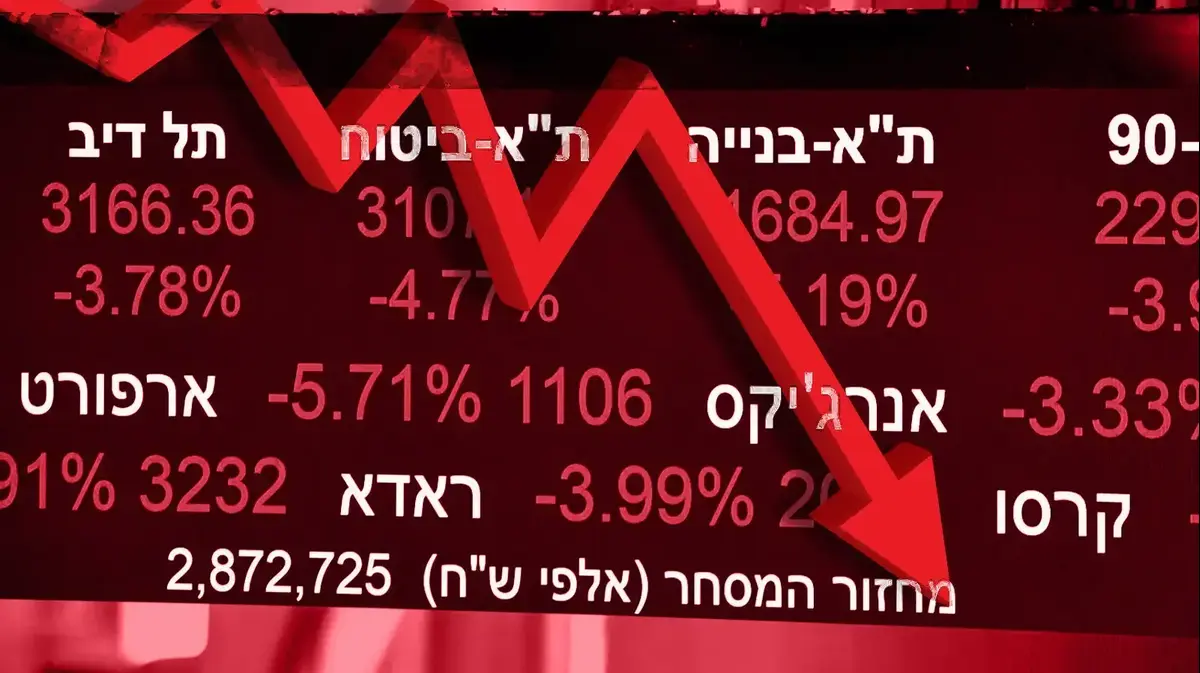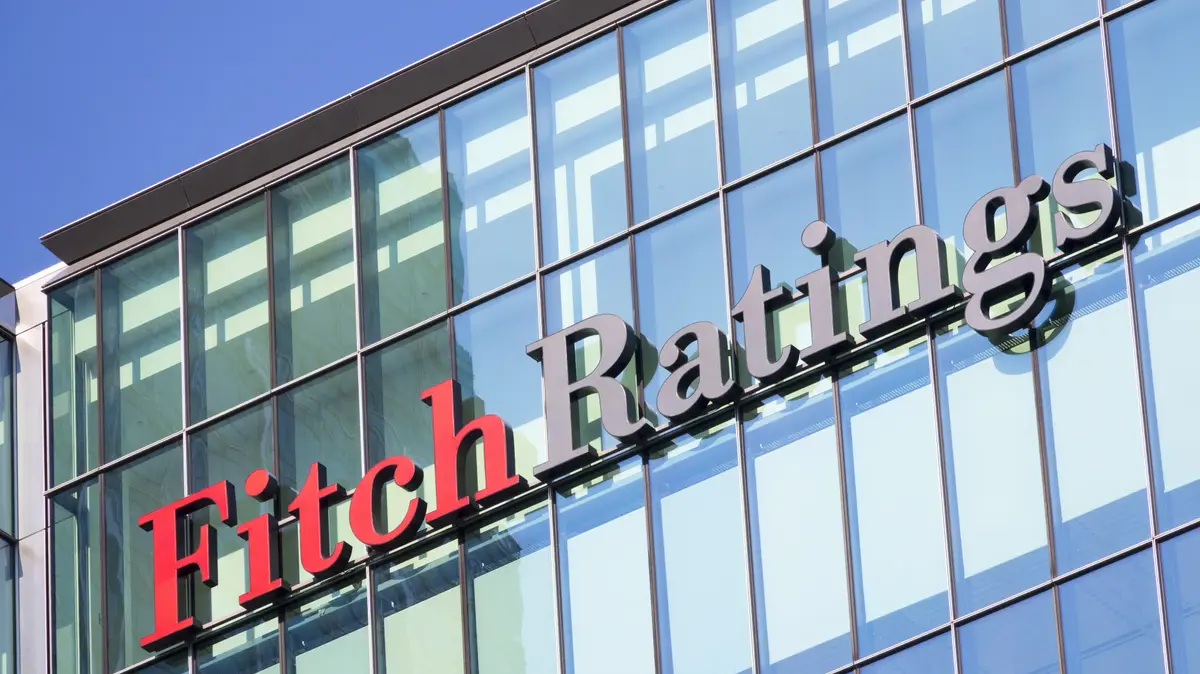Kopas, the international credit insurance company, estimates that the level of economic risk in Israel is similar to that in the United States, France and Germany. • A jump of 32% in the rate of global bankruptcies in the next two years
Closed business in Tel Aviv
Photography:
Joshua Joseph - Illustration
Other reasons for concern:
The global bankruptcy rate will jump by 32% this year and next year, compared to 2019, according to COFACE, the international credit insurance company.
The company's survey shows that in North America the rate of business collapses will be about 41%, in Europe 22% and in Asia 29%.
In Hong Kong, a 78% increase in bankruptcy cases is expected and in Taiwan an increase of only 1%.
In the US it is 44%, in the UK it is 33%, in New Zealand it is 28%, in Spain it is 16%, in Germany it is 11% and in Canada it is 5%.
These data emerge from the survey of the barometer, an international quarterly survey of the credit insurance company Kopas, which examines the business risk in the countries of the world for the summary of the third quarter of 2020.
"Great challenge"
The survey data, published here through Kupas Israel, is in line with a forecast of negative growth in world GDP of 4.8% and positive growth of 4.4% next year - technical growth that will not yet return the world to the level of pre-crisis growth.
About half of the 20 economies that will achieve the strongest cumulative growth in 2021-2020 are Asian countries, such as China and Vietnam.
The other half consists exclusively of African countries, including Ivory Coast, Ghana, Rwanda and Tanzania.
At the other end of the spectrum, in the 15 countries that are expecting a slump in growth, are seven countries in South America: Mexico, Venezuela, Argentina, Ecuador, Peru, Belize and Nicaragua, and alongside them South Africa and Nigeria.
Israel is also in this non-encouraging group.
Michael Nachmanovich, CEO of the company in Israel, notes that "in Israel, there is a great challenge of formulating and implementing sound economic policies, while implementing balanced monetary and fiscal measures, which will allow continued GDP growth in the medium and long term, so as not to be satisfied with immediate technical growth." .
The review also shows that the extreme uncertainty manifested in the postponement of projects and investments, the closure or shutdown of production lines, led to layoffs and a decrease in the number of jobs.
According to the International Workers' Organization, in the first half of 2020 there was a 14% decrease in the number of working hours, in a number equal to 400 million jobs.
The most significant decline in the number of jobs was recorded in the US and Latin America, and the main victims are of course workers in jobs that can not be done from home - usually manual workers, so this crisis is likely to exacerbate income inequality.
Business risk
The survey also examines the business risk of 162 countries in the world.
This index shows that Israel is ranked A3, which is considered a "reasonable risk."
This is similar to countries such as the USA, Canada, France, Australia and Germany. In the A2 ranking, ie: "low risk", countries such as Denmark and Sweden are ranked, and on the other side in the ranking E, "extreme risk", Iran, Iraq and Afghanistan are ranked. Bahrain, Kuwait And the UAE, which is now of interest to many Israelis due to the peace process, is rated B - a "quite high" risk.
Along with the economic risks, the company also refers to the political risk and presents a measure of socio-political "sensitivity".
A survey of the ten most dangerous countries shows that the five most dangerous are Iran, Sudan, Syria, Venezuela and Bahrain.
The company anticipates social and political crises in countries such as the US and among developing countries such as Mexico and the Philippines, and the UAE and Turkey indicators also indicate a high level of sensitivity of the political system.












/cloudfront-eu-central-1.images.arcpublishing.com/prisa/KMEYMJKESBAZBE4MRBAM4TGHIQ.jpg)


